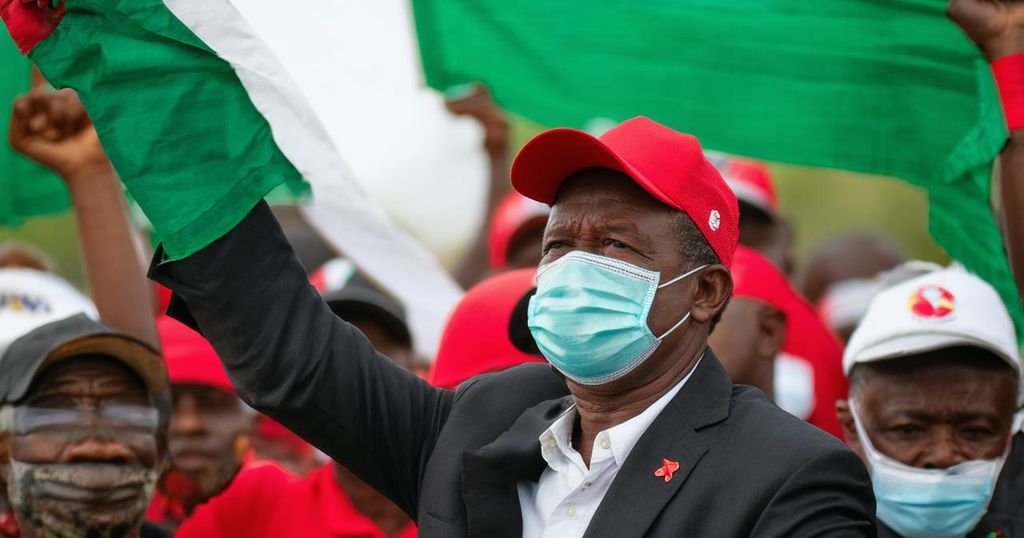The ruling Frelimo party has won Mozambique’s presidential election, with Daniel Chapo achieving 71% of the votes amidst allegations of election rigging and violence against opposition supporters. Tensions are high in the capital, Maputo, as opposition leader Venancio Mondlane calls for protests and challenges the election’s legitimacy, further complicated by criticisms from EU observers regarding the integrity of the results.
The ruling party of Mozambique, Frelimo, has successfully retained its position following the recent presidential election, as declared by the electoral commission. Daniel Chapo, the party’s candidate and a relatively unfamiliar figure, secured victory with 71% of the votes, taking over from Filipe Nyusi, who had served two consecutive terms in office. Chapo, aged 47, becomes the first president of Mozambique to have been born post-independence in 1975. His main opponent, Venancio Mondlane, received 20% of the votes. However, this election has been plagued with serious allegations of electoral fraud and violence, particularly the killing of opposition supporters, leading to widespread protests throughout the nation. In an unexpected move, Zimbabwe’s President Emmerson Mnangagwa congratulated Chapo on his supposed victory even prior to the official declaration of the results. The atmosphere in Maputo, Mozambique’s capital, has been described as tense, with reports indicating deserted streets and shuttered businesses. Mondlane has publicly called for a national strike in response to the alleged rigging, emphasizing the plight of victims, including his attorney and a party member, who were shot dead in what he alleged were politically motivated attacks. Despite indications of a significant lead for Chapo, Mondlane maintains that he is the rightful victor. Protests organized by Mondlane were met with police force, who utilized live ammunition and tear gas to disperse the crowds. Election monitors from the European Union have criticized the process, alleging that results may have been manipulated, citing “irregularities during counting and unjustified alteration of election results.”
The political landscape in Mozambique has been dominated by the Frelimo party since the country gained independence from Portugal in 1975, making this election a pivotal moment in its political history. The voter sentiment has been increasingly divided, especially amid allegations of electoral misconduct and violence directed at opposition supporters. These issues are indicative of long-standing tensions within Mozambican politics, where opposition parties, especially in recent years, have faced significant obstacles in a system perceived as favoring the ruling party. The outcome of this election is essential in determining the future trajectory of governance and political stability in Mozambique.
In conclusion, Mozambique’s recent election has reaffirmed the enduring dominance of the ruling Frelimo party, led by Daniel Chapo, amid a backdrop of violence and claims of electoral fraud. The protests and unrest following the election reveal the deep division and discontent among opposition supporters. As calls for national strikes emerge, the legitimacy of the election results remains under scrutiny, highlighting the challenges faced by the country’s political framework moving forward.
Original Source: www.bbc.com






